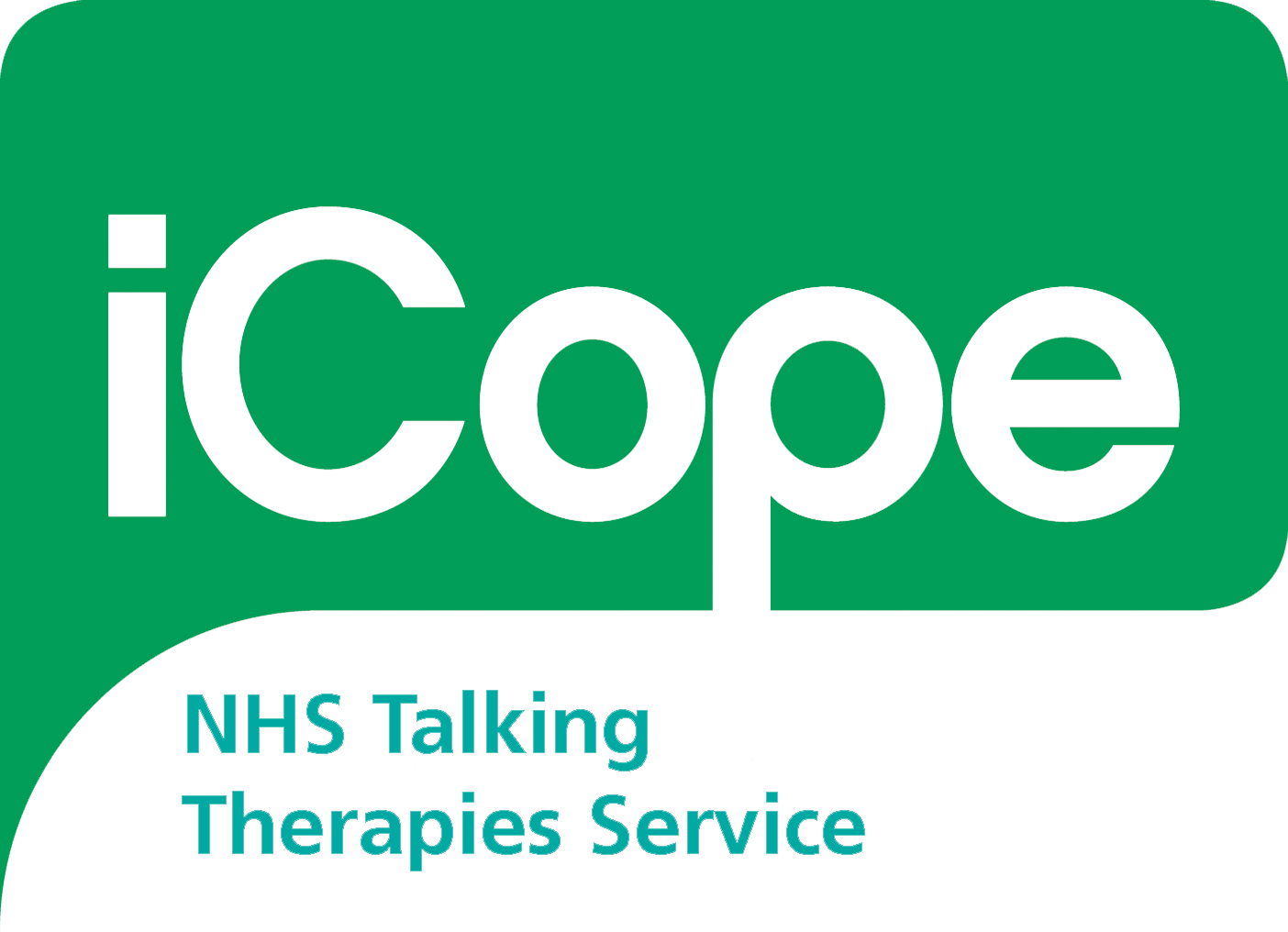If you think you are experiencing psychosis then it is best to visit your GP who can assess your symptoms. Your GP may refer you on to specialist services.
The National Institute for Health and Care Excellence (NICE) recommends both medication and psychological therapy. Medication can be prescribed by your GP or a Psychiatrist and they can also think with you about the type of psychological support available.
Self Help Groups. You may benefit from being around others who have been through similar experiences. The mental health charity Mind run support groups in your local area.
Reading. Here are some self-help materials that we recommend:
www.nhs.uk/conditions/psychosis/Pages/Introduction.aspx




